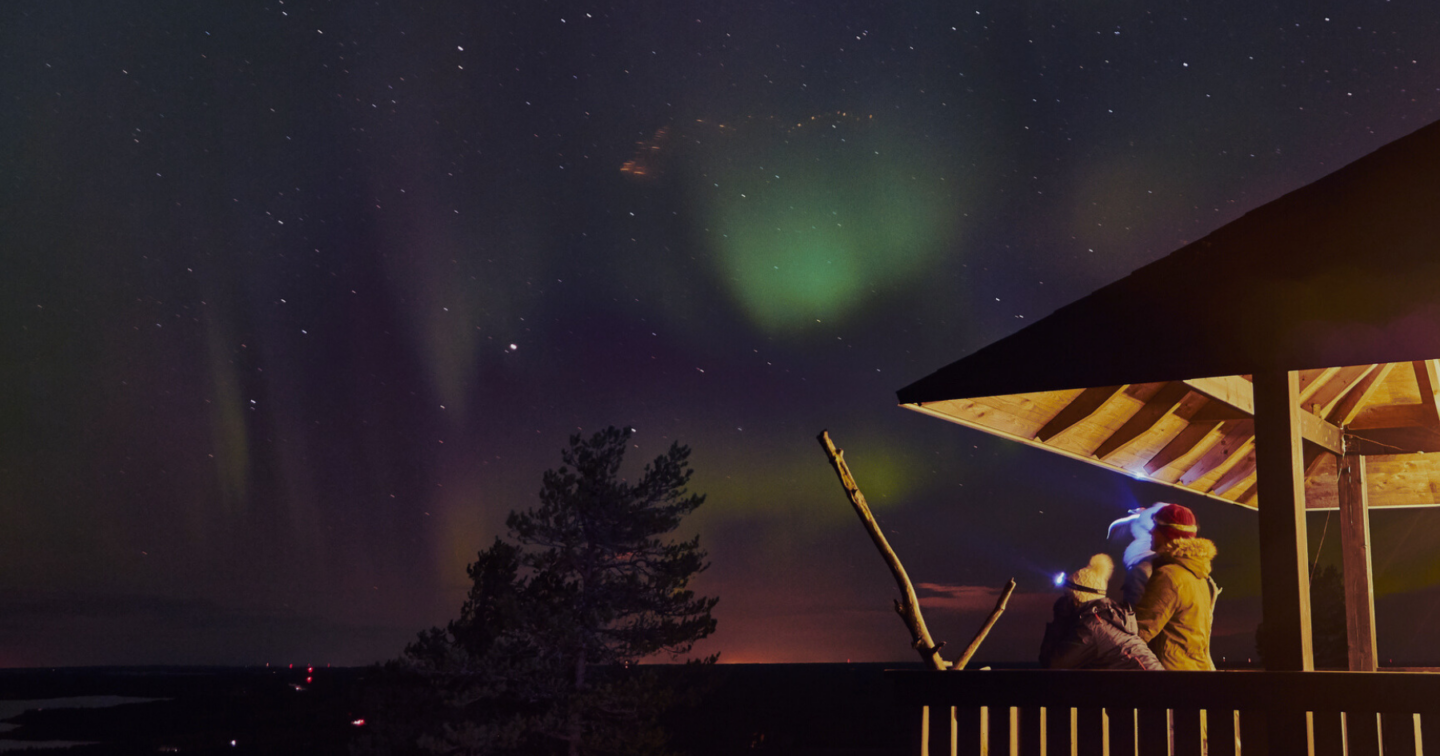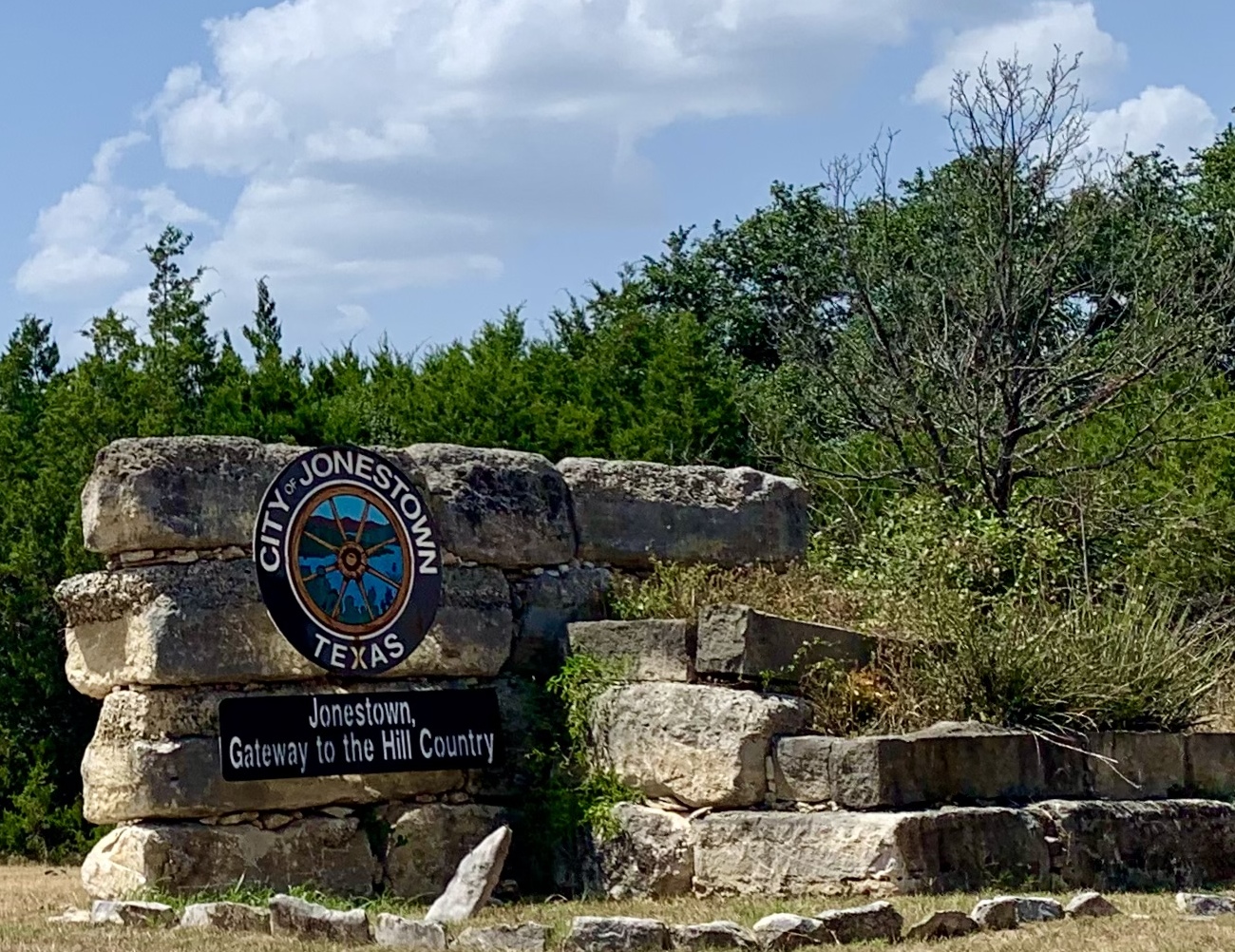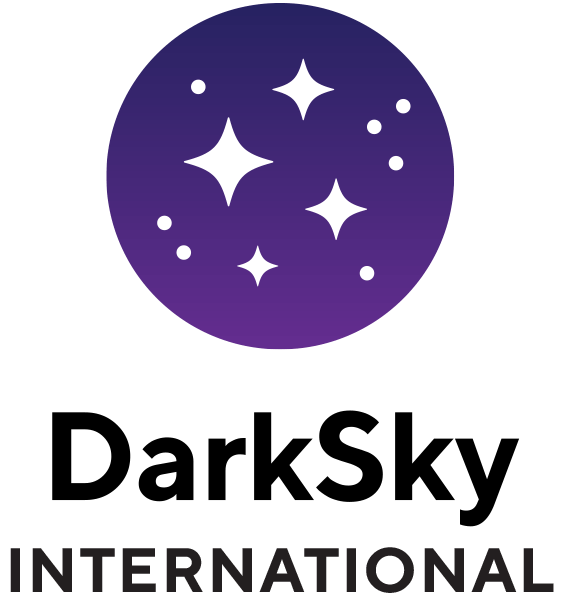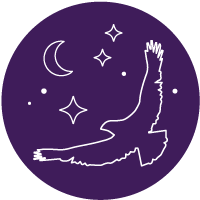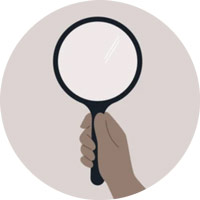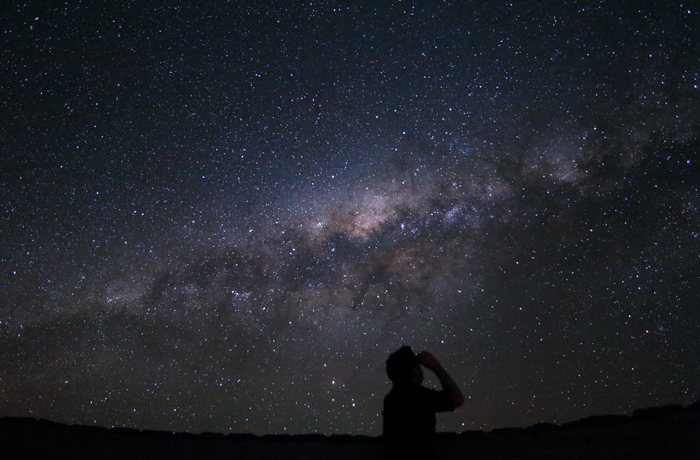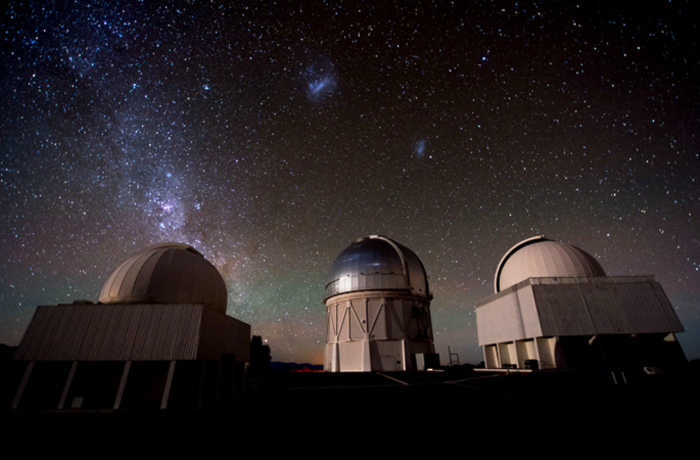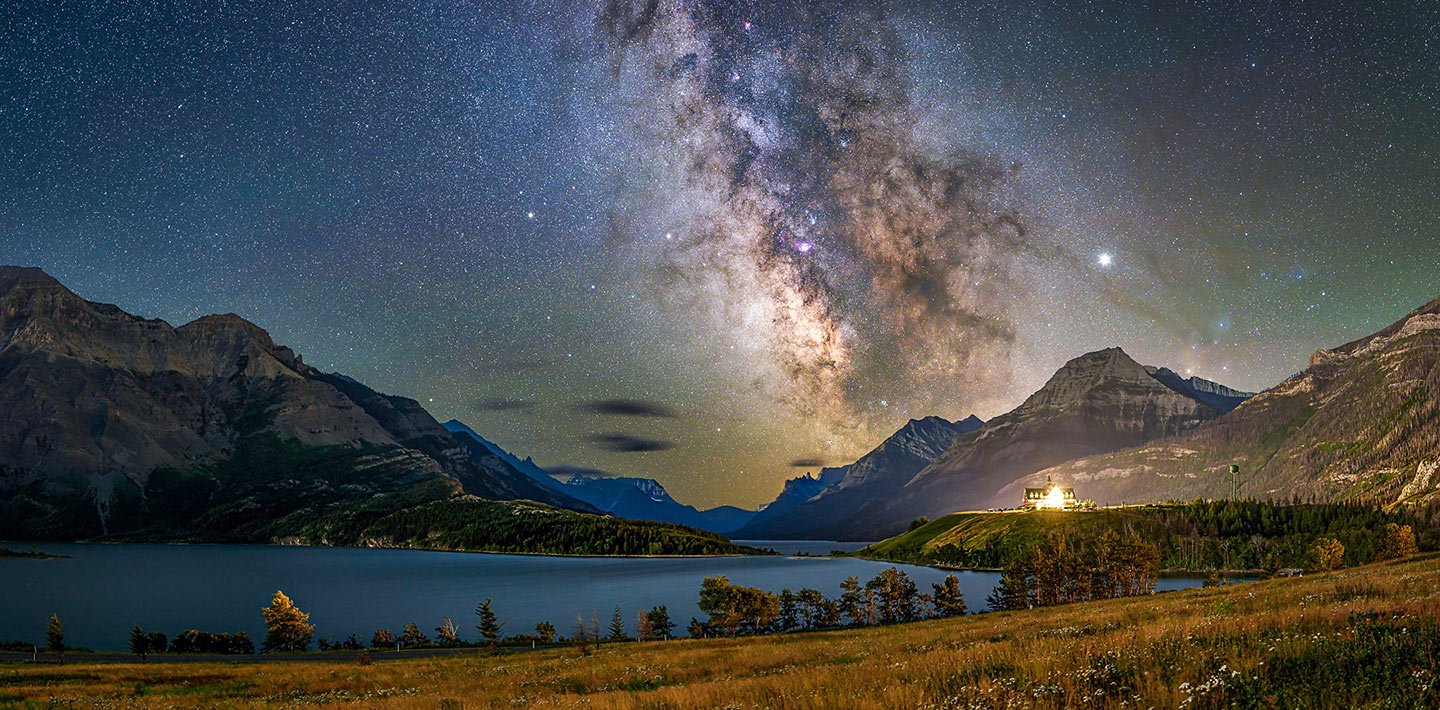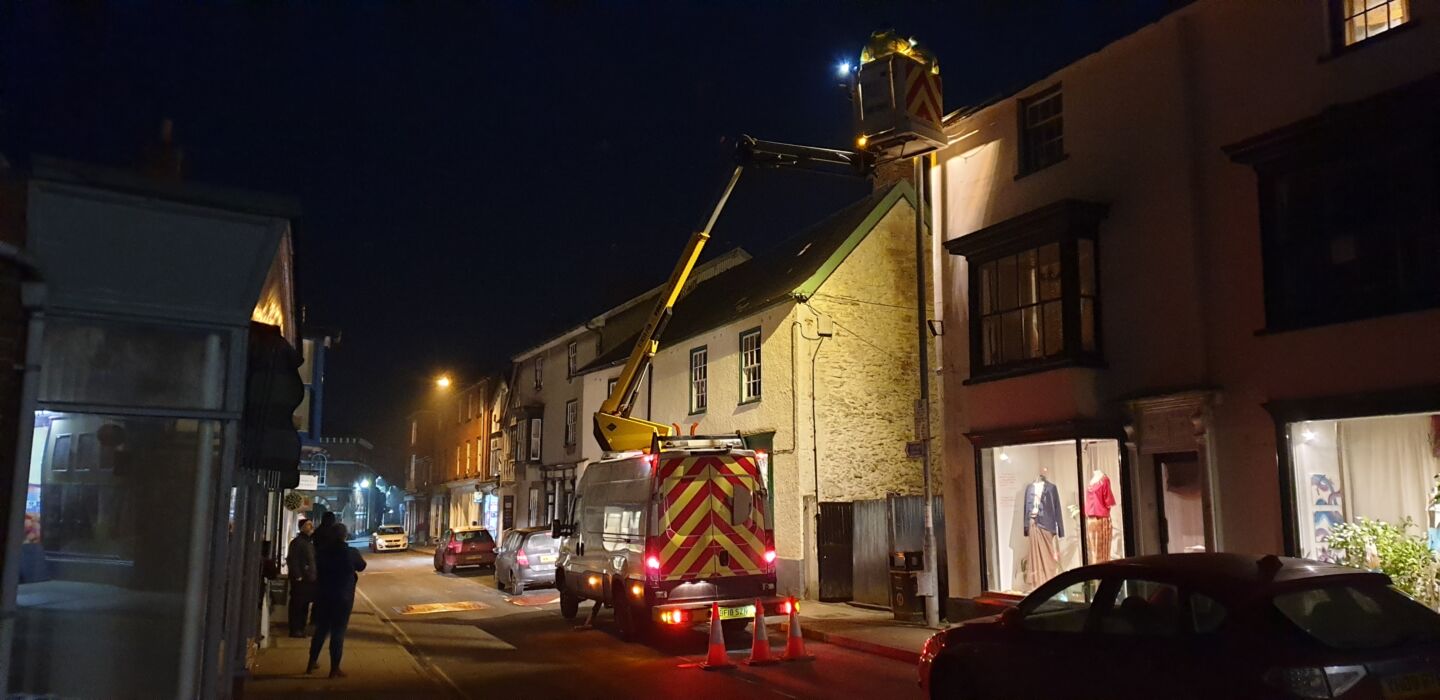
Dark Sky Places Committee
The Dark Sky Places Committee advises the Board of Directors on the acceptance of International Dark Sky Place guidelines and certifications.
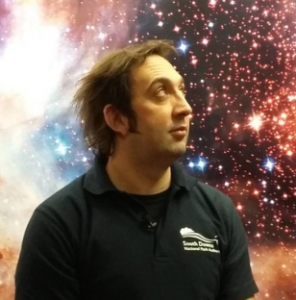
Dan Oakley
Chair
Lead ranger, South Downs National Park
United Kingdom
Dan Oakley previously worked at BAE-Systems on a number of areas including Torpedo analysis, systems engineering, and radiation safety. After a rather liberating experience at the Glastonbury Festival, he changed careers and now works for the South Downs National Park Authority and has done for the last 15 years. Starting from a conservation volunteer, he is lead ranger for the Wealden Heaths and the dark skies officer for the park. At the Park, he was instrumental in developing and submitting Moore’s’ Reserve Dark Sky Places application in May 2016.
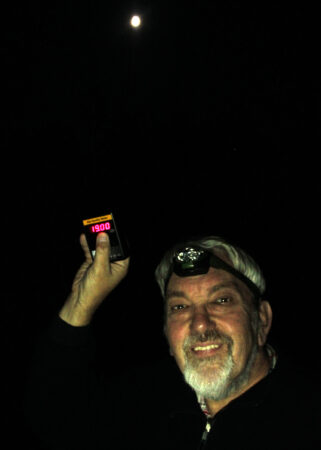
Andreas Hänel, Ph.D.
Astronomische Gesellschaft, Int. Astronomical Union (IAU), Int. Planetarium Society
Germany
Andreas Hänel studied astronomy and physics at Bonn University. He was the planetarium director at Osnabrück from 1986 to 2019. He is interested in sky and environmental measurements and is committed to dark places as best practice examples for reducing light pollution and benefiting astrotourism.
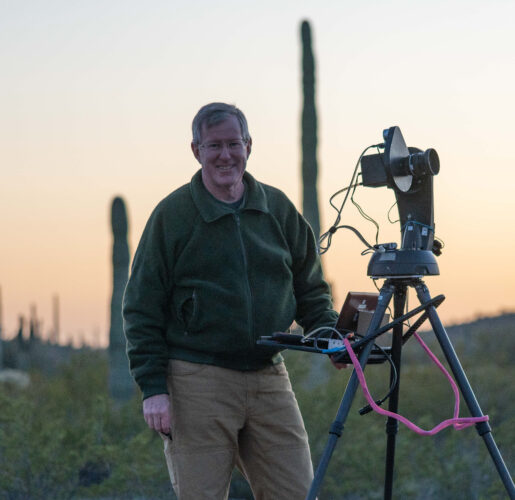
Bob Meadows
Retired physical scientist, U.S. National Park Service, Natural Sounds and Night Skies Division (NSNSD)
U.S.A.
Bob Meadows worked with the U.S. National Park Service for 37 years, the last 12 years in the Night Skies Program based in Fort Collins, Colorado. This work included managing the 20+ years of sky quality data from more than 135 park units, conducting measurements and assessing sky quality in the field, and working with parks to evaluate their lighting for efficiency and ecological impacts to the nighttime environment. Bob also worked with other partners in the scientific community in collaborative efforts to further our mutual goals of restoration and preservation of our night skies. Now in retirement, Bob continues to remain engaged in local and national efforts at reducing light pollution.
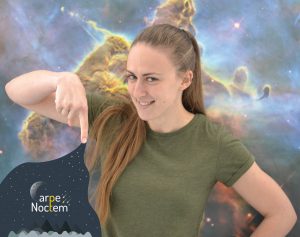
Dajana Bjelajac, Ph.D.
Novi Sad, Faculty of Sciences | Co-founder, Carpe Noctem
Serbia
Dajana Bjelajac is currently a teaching assistant at the Faculty of Sciences in Novi Sad and a Ph.D. student in the field of geosciences. The main topic of her dissertation, as well as the scientific interests, is tightly related to the relationship between urbanization processes and light pollution.
She is one of the founders of an ecological society called Carpe Noctem in Novi Sad. The main purpose of this organization is to educate people from Serbia and surroundings about light pollution of the environment. So far, she has managed to organize several public events that gathered more than 1,000 people in the nighttime environment, coordinate a project “Ecological Supernova — spreading awareness on light pollution,” and publish a manual about light pollution in the Serbian language, which will be distributed to more than 500 schools in Serbia. Besides scientific and educational activities, she is also involved in developing the Astro Tourism concept in Serbia.
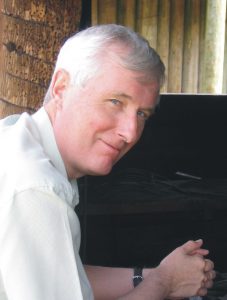
David Welch, Ph.D.
Dark Skies advisory group chair, International Union for the Conservation of Nature (IUCN)
Canada
Dr. Welch holds a Ph.D. in physical geography from Western University and for five years was a professor of geography and remote sensing at the University of Winnipeg. He has extensive Arctic field experience in ecology and geomorphology, and has twice been a visiting scientist in Australia.
For Parks Canada he provided advice in earth sciences, remote sensing, and ecological monitoring, and introduced geographic information systems to the workplace. From 2003, as the head of environmental quality for Parks Canada, he managed programs on contaminated sites, ecological restoration, and invasive species, as well as advising Parks Canada on air quality issues including climate change and light pollution.
Now retired, he maintains an interest in protected areas through participation in dark sky initiatives. He chairs the Dark Skies Advisory Group of the International Union for Conservation of Nature.
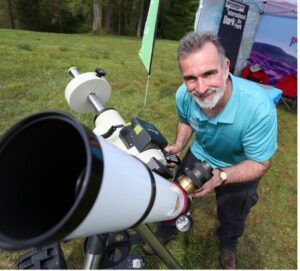
Duncan Wise
Visitor development manager, Northumberland Park Authority
United Kingdom
Duncan Wise has been the lead officer for visitor development and tourism in Northumberland National Park for the last 21 years, previously working for Exmoor National Park, improving public rights of way and pioneering visitor-payback to support habitat conservation work.
He spent his early career specializing in heritage interpretation and environmental education in Lancashire and on the Isle of Wight. In 2011, he instigated the partnership with Kielder Water & Forest Park Development Trust to collaborate on a joint application to secure International Dark Sky Park designation for both the National Park and Kielder Water & Forest Park, which was achieved in 2013.
Today, he continues to work with local businesses in developing astro-tourism, and working with neighbouring towns to adopt dark-sky friendly planning policies.
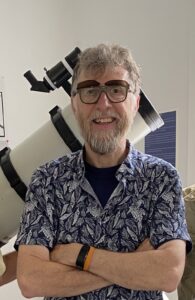
Gareth Davies
Executive director of Vinstar Consulting; director of Waiheke Island Observatory
New Zealand
Brought up in south Wales, Gareth has been domiciled in Auckland, New Zealand, for the last 40 years. After studying at the London School of Economics, working as a financial analyst in the U.K. and a professional rugby player in California, he became a computer specialist in New Zealand. He subsequently established Vinstar Consulting, working on more than 200 economic development projects in 35 countries.
Gareth is a committed outreach astronomer and dark sky advocate who was a 2021 Dark Sky Defender Award recipient. He was on the application team that achieved International Dark Sky Sanctuary certification for Aotea/Great Barrier Island and has assisted with dark sky measurements at many other sites throughout NZ. He has trained Dark Sky Ambassadors in Fiordland, Stewart Island, and Great Barrier Island and is a tutor with Aotearoa Astro-tourism Academy.
Gareth produces “The Kiwi Astronomers,” a regular YouTube and Apple/Google podcast on all matters astronomical.
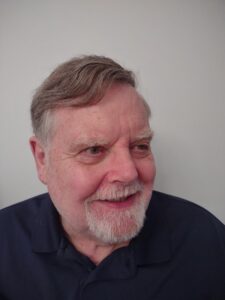
George F. Tucker, Ph.D., F.R.A.S.
U.S.A.
George’s life has centered on the night sky. He began conducting public observing events in primary school and has continued to do so until the present. George obtained a Ph.D. in physics, specializing in remote sensing by laser spectroscopy, and received fellowships from the Air Force Geophysics Laboratory and NASA. He served as a professor of physics and astronomy, retiring in 2010.
During his career, he found time to train hundreds of guides in Africa and Mexico in giving presentations about the night sky to their guests. A foe of light pollution since childhood, he hopes to play a part in leaving some pristine night sky locations for future generations to enjoy. To that end, he started the initiative and was lead author for the NamibRand Nature Reserve’s successful International Dark Sky Reserve application and assisted the !Ae!Hai Kalahari Heritage Park with its successful International Dark Sky Sanctuary application.
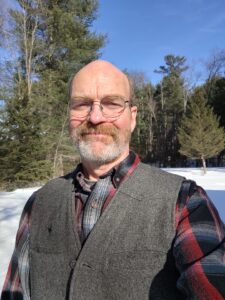
Harry “Chip“ Harrison
Retired Pennsylvania State Park operation manager
U.S.A.
Born and raised in the area known as the “Pennsylvania Wilds,” Chip worked for the Department of Forests and Waters, later known as the Dept. of Natural Resources, then the Department of Conservation and Natural Resources. He worked as an environmental education specialist, park ranger, and park manager, and retired as a park operations manager with the Bureau of State Parks, managing an eight-state park complex.
Chip initiated the creation of the very first Pennsylvania State Park dedicated specifically to Astronomy and has worked with several agencies and communities to develop strategies for night sky preservation and light pollution prevention.
He has been a part of the Dark Sky Places Committee since it was created. He is an active outdoorsman, enjoying hunting. fishing, hiking, and kayaking.
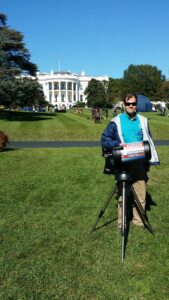
Rob Sparks
Senior science education specialist, NSF’s NOIRLab
U.S.A.
Rob Sparks is currently in the Communications, Education, and Engagement Group at NSF’s NOIRLab in Tucson, Arizona. He taught high school physics, math, and astronomy at various schools in St. Croix, Florida, and Wisconsin. Rob received the Fermilab Teacher Fellowship and spent a year developing education materials for the Sloan Digital Sky Survey. He joined the National Optical Astronomy Observatory (now NSF’s NOIRLab) in 2005 and has worked on a variety of local and national education and outreach projects. Rob is an avid astrophotographer.

Zoltán Kolláth, Ph.D.
Professor, Department of Physics, Eötös Loránd University
Hungary
Zoltán Kolláth is a professor of physics at the Eszterházy Károly Catholic University, Department of Physics (Eger, Hungary). He received his Ph.D. (1990) in astrophysics and the Doctor of the Hungarian Academy of Sciences (Dsc) in 2003. His main research area was stellar astrophysics, especially the modeling of pulsating variable stars.
Zoltán has been involved in light pollution-related studies for more than 20 years and now leads the Hungarian research focusing on measurements and modeling of light pollution. He has played a dominant role in developing starry sky parks in Hungary.
Besides his main area of research, he is actively involved in public outreach. He developed methods for the sonification of variable-star data and collaborated with composers to use these sounds in musical compositions. He has created audio-visual presentations and full-dome shows that have appeared in public talks, museums, and television programs. Zoltan’s recent interest includes the variation of the color of the night sky, both in scientific research and in photographic exhibitions.
Randy Stanley
Night sky coordinator, Intermountain Region, National Park Service
U.S.A.
Bio to come.







